Earth used to be the planet. It was the centre of the universe. The Sun, the Moon, the planets, the stars … everything revolved around it.
Then, in the early 1500s, astronomer Nicolaus Copernicus was all, “Guys, it’s actually the Sun in the middle …”
And just like that, our universe was turned upside down.
A couple centuries later, it was “Whoa, actually we’re just one planet in a massive galaxy called the Milky Way …”
Then, “So actually, the Milky Way is just one galaxy of billions in a universe …”
As minds like Newton and Einstein used their brilliance to expand our universe, Earth started to seem pretty, well, average. Stephen Hawking called Earth “a moderate-sized planet, orbiting around a very average star in the outer suburb of one among a hundred billion galaxies.”
Ouch.
But over the past 15 years or so, more and more scientists are saying that Earth is quite unique after all. And that even if life exists elsewhere, the complex life that we see around us every day is very rare indeed.
Is it really possible that Earth is a one-in-a-trillion-trillion-trillion planet?
We are glad that you asked!
Juuuust right
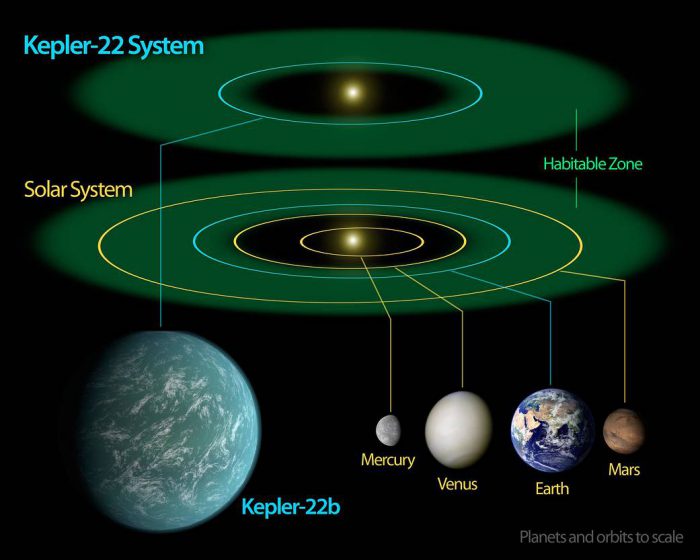
When astronomers look for possible planets that can sustain life, they first check if they are within their system's Goldilocks zone. Though three planets are within it in our own solar system, that doesn't guarantee life. (NASA/Ames/JPL-Caltech)
You may have heard of the Goldilocks zone? It's also called a habitable zone. It’s a theory that suggests that a planet needs to be at just the right distance from the Sun—not too close, not too far—to allow for the ideal temperatures to sustain life.
For one, correct temperatures allow for plenty of liquid water since it’s a) not so cold that it’s frozen, and b) not so hot that it all evaporates! When you consider that water is vital to all living things—we’re 70% water—lots of great things can happen with liquid on the surface.
Magic motion
Plate tectonics recycle carbon, change our landscapes, and help create an ideal home for life. (Getty Embed)
But while it is true that our distance from the Sun probably gave us liquid water, a big part of what keeps it here is our atmosphere. The correct amount of carbon in the atmosphere traps heat, keeping our planet nice and cozy! How does Earth keep that carbon balance?
Tectonic plates are the large pieces of the Earth’s crust that are in constant motion. This movement is what gives us mountains, canyons, and earthquakes. It is also a huge part of what drives the carbon cycle on Earth. (Hold on to your hats for this one!)
Basically, as some plates of crust get pushed under the surface, they carry absorbed carbon with them, deep into the molten magma of Earth. Eventually, this carbon gets sprayed back into Earth’s atmosphere through volcanic eruptions—but the point is that for a time, some carbon is taken away. Why does this matter?
Many scientists think that for a while, Venus likely had water on its surface, like Earth. Maybe life. But you know what it didn’t have? Plate tectonics. Today, Venus is an unliveable planet with an average temperature of 462°C (863°F) and an atmosphere overloaded with heat-trapping carbon with nowhere else to go. Coincidence? We think not!
Helpful neighbours
Meet Jupiter: our solar system's DustBuster. (Getty Embed)
We already know that Earth orbits a star (yup, the Sun!) that is a perfect size, lifespan, and stability for life. That alone is special. But we have more to be grateful for in our cosmic neighbourhood.
The mighty gravity of huge gas giants like Jupiter and Saturn does a tremendous job of sucking in potentially dangerous invaders such as asteroids and comets. Sure, we still get the odd rocky intruder in these parts, but without Jupiter vacuuming and keeping things tidy, it would be much worse.
The Moon is the kind of friend that really keeps you grounded! (Getty Embed)
And then there’s the Moon. Its gravity and orbit around Earth stabilize the planet’s rotation, allowing for a predictable climate. Without the Moon, Earth would wobble more on its axis. There would be a greater chance of a tropical paradise becoming an ice world in the blink of an eye—before life really got going. In a way, the Moon helps provide life.
Putting it together
Even though Earth can have a bit of a temper, it also knows when to chill out, too. (Getty Embed)
As scientists continue to search the universe, they are finding plenty of planets. But finding a true cousin of Earth is proving hard to do. Most planets seem to be either wild, wind-whipped worlds with thousand-year storms or barren wastelands full of meh.
Meanwhile, Earth has a perfect blend of chaos and routine. We have warming carbon, storms, volcanoes, plate tectonics, and a broad range of climates and habitats. (That’s our wild side!) But we are also sheltered by Jupiter, stabilized by the Moon, and ruled by seasons that run like a clock. (Ah, good ol’ predictable Earth!)
Complex life
When it comes to places to live, Earth is pretty tough to beat. (Getty Embed)
In the end, the really big question is, how rare is complex life? Scientists think it’s only a matter of time before we find some kind of life elsewhere in the universe. Many even think that it’s elsewhere in our solar system, like on Saturn’s moons Titan and Enceladus. But life like whales and dogs and horses? Life like us? Many researchers are thinking that such life is extremely rare. No matter how far out we look.
So is Earth that special? It’s a question that we’re still far from knowing a complete answer to. Either way, it’s clear we’re pretty lucky to be here on this planet!
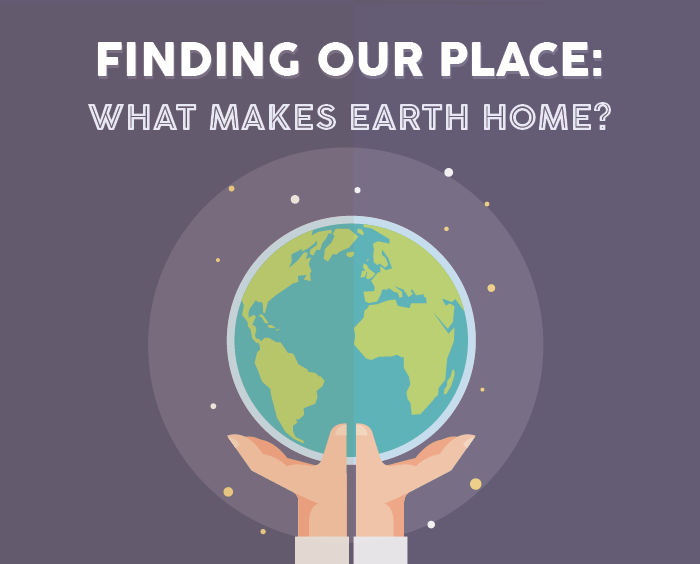
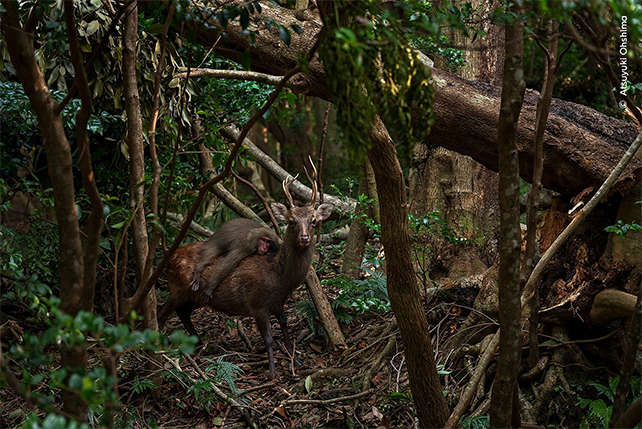

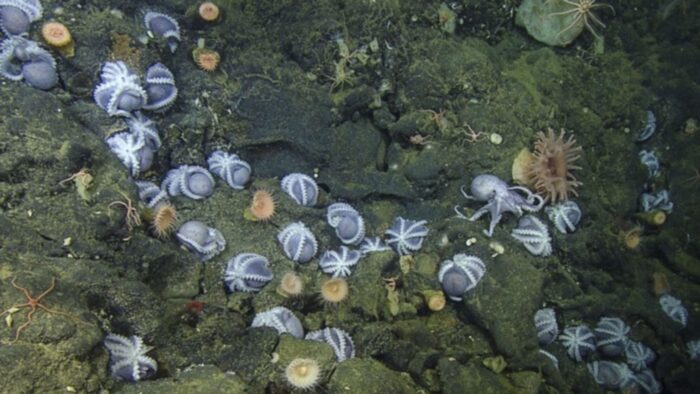
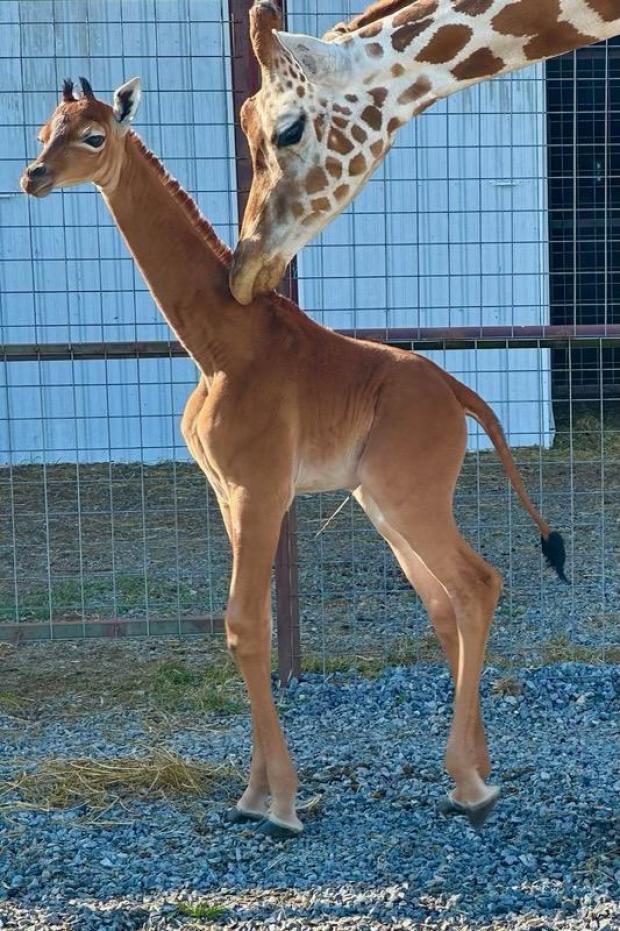
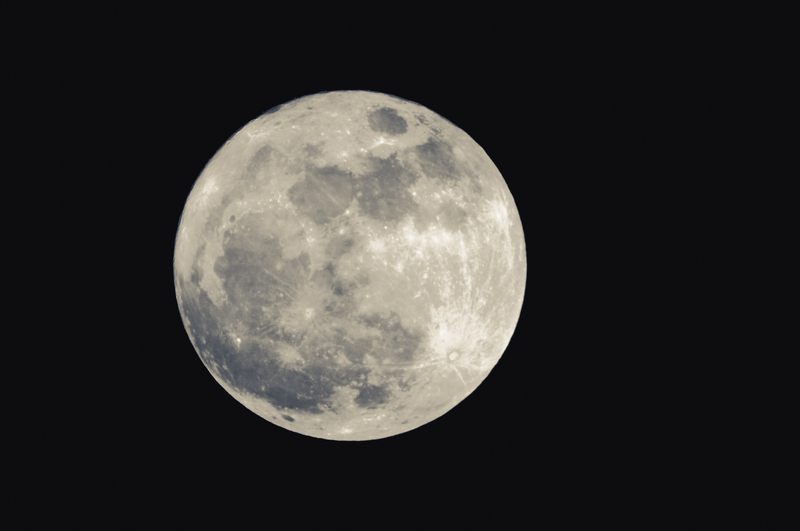
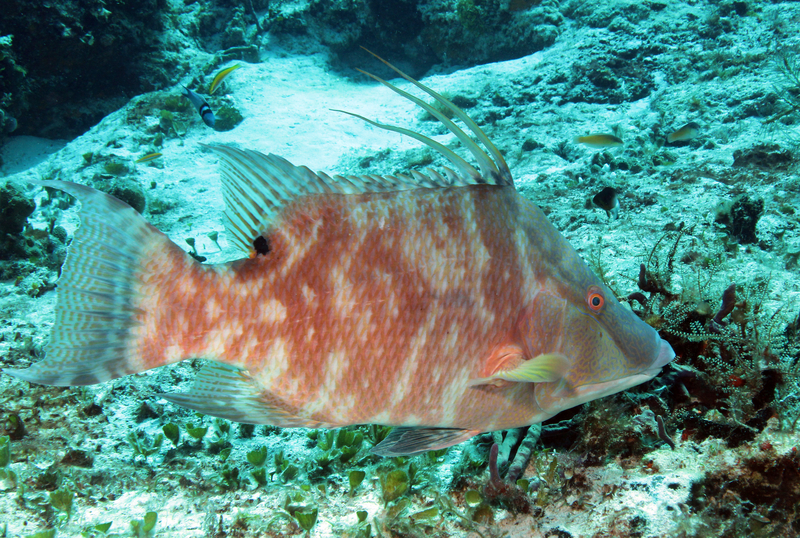

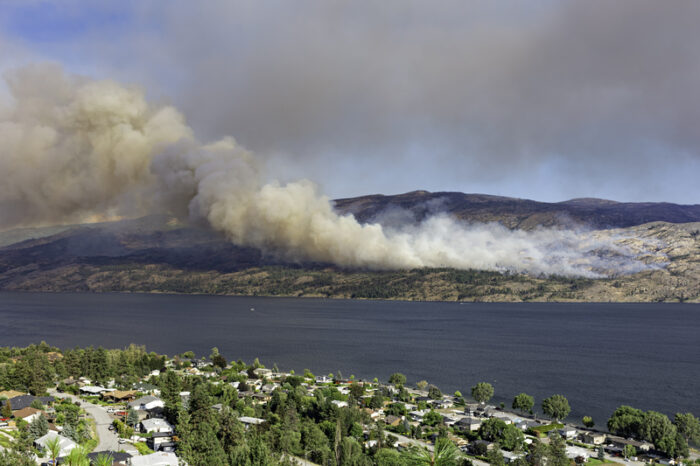
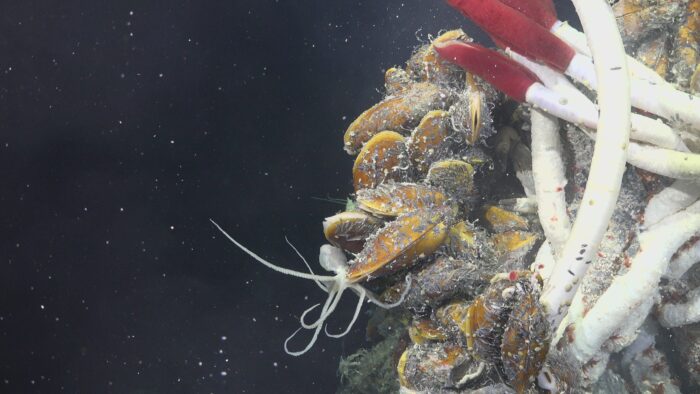
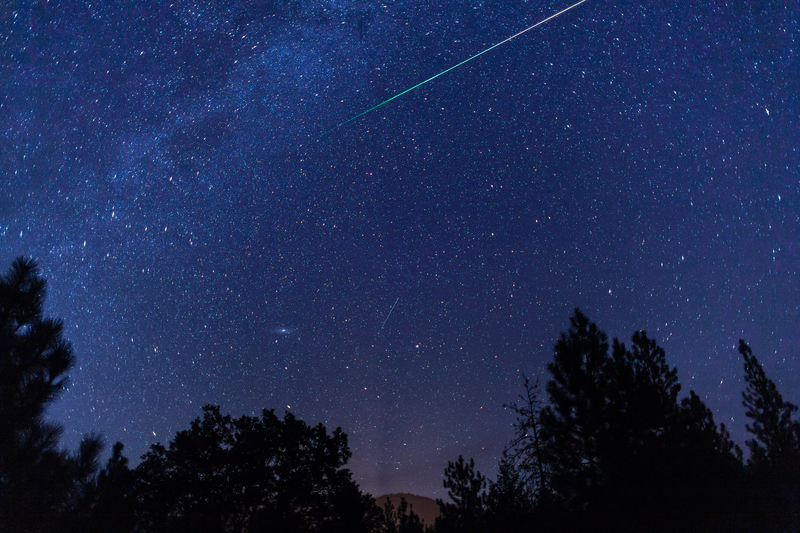
Maybe there is a world like a video game. 😆 😆
This article was very interesting and I learned a lot! ??
I love it ?. This article was great and very entertaining??! I agree the Earth is very important as it is the only planet we know of that supports any life form?! We need to keep it clean in the mean time because if we destroy it we will have nowhere to go??!
i really like this article i will maybe read it one more time